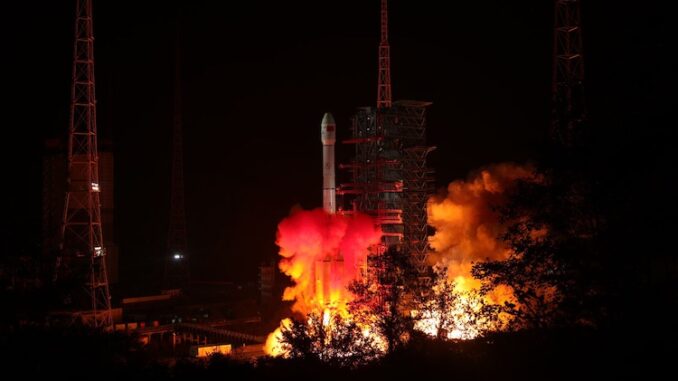
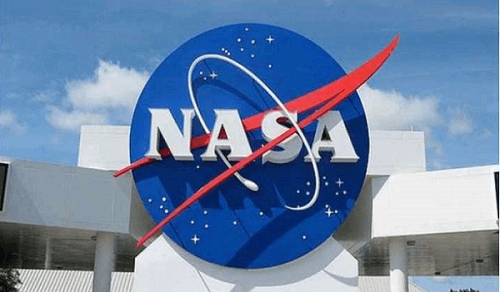
Only the most technologically advanced and ambitious organisations are able to achieve success in the realm of space exploration. The expansion of our understanding of the universe, the pushing of the limits of technology, and the advancement of human knowledge are all significantly achieved through the efforts of space agencies. An examination of the top ten most successful space agencies in the world, ranked according to their accomplishments, technological skills, and contributions to the field of space science, is presented below.
List Of Top 10 Best Space Agencies In The World 2024
1. ISRO
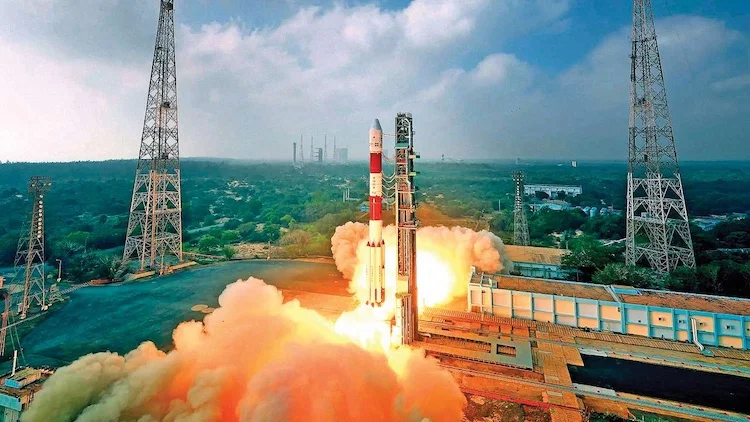
One emblem of India’s ambition and creativity in space science is the Indian Space Research Organisation (ISRO). Originally founded in 1969, ISRO has expanded from small origins to rank among the most esteemed space agencies worldwide. Despite operating with a fraction of the budget provided to other space agencies, ISRO constantly shows its ability for great success from launching satellites serving both local and worldwide purposes to organising difficult interplanetary missions.
2. European Space Agency

European countries work together to explore space and promote scientific achievements through the European Space Agency (ESA). Since its founding in 1975, 22 member states have joined forces to form ESA, a global leader in space exploration with the shared goal of expanding human knowledge and creating technologies that will benefit all people. ESA has forged multinational collaborations while advancing space research, satellite development, and interplanetary missions.
3. NASA

Among the most well-known scientific organisations worldwide, the National Aeronautics and Space Administration (NASA) is the flagship space agency of the United States government. NASA has led pioneering missions to the Moon, Mars, and beyond, so guiding humanity’s exploration of outer space since its founding in 1958. NASA’s contributions to knowledge and technical advancement—which have origins in science, technology, engineering, and space exploration—have had a significant effect on life on Earth as well as space exploration.
4. China National Space Administration (CNSA)
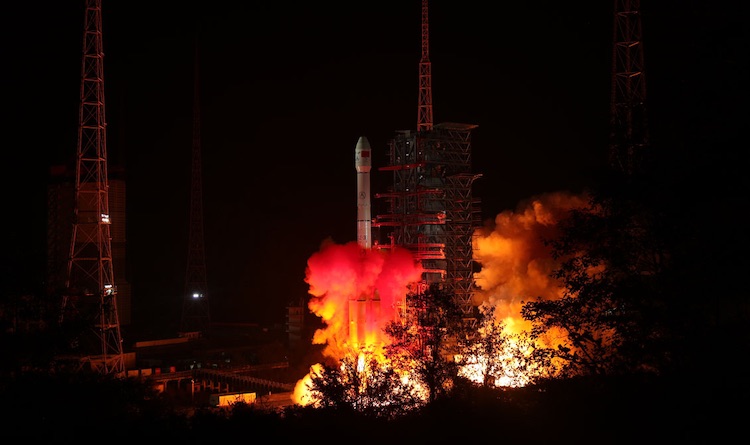
The China National Space Administration (CNSA) is one of the world’s most ambitious and rapidly expanding space agencies. China is already a major player in space exploration because to CNSA, which was founded in 1993 and has helped the country go from satellite launches to lunar and Mars landings in a matter of decades. China’s growing importance in the worldwide space community is reflected in CNSA’s space missions, which prioritise innovation, technology, and international cooperation.
5. Japan Aerospace Exploration Agency

The Japan Aerospace Exploration Agency (JAXA) serves as Japan’s national space agency, tasked with space exploration, satellite development, and scientific research. Formed in 2003 from the amalgamation of three entities, JAXA has swiftly enhanced Japan’s space exploration capabilities and contributed to global space initiatives. Emphasising innovation, research, and international collaboration, JAXA has emerged as a preeminent authority in space technology and scientific inquiry.
6. Russian Federal Space Agency

One of the most well-known space agencies in the world is the Russian Federal Space Agency, or Roscosmos. Its roots go back to the Soviet Union’s early space projects. Roscosmos, which took over from the Soviet space agency, has kept Russia at the top of the field when it comes to exploring space, putting satellites into orbit, sending people into space, and missions between planets. Roscosmos is still an important player on the world stage, with a long history of “firsts” in space and a role that is always changing in the modern space business.
7. CNES

France’s national space agency, the Centre National d’Études Spatiales (CNES), sometimes known as French National Centre for Space Studies, ranks among the top space agencies in Europe. Originally founded in 1961, CNES has been crucial in expanding satellite technology, space exploration, and international space cooperation. Key participant in the European Space Agency (ESA) and worldwide space projects, CNES has made major contributions to space science and industry development.
8. Italian Space Agency
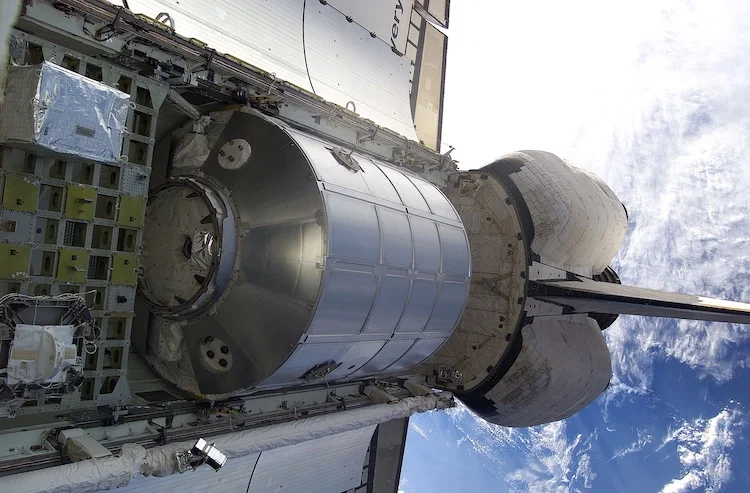
The Agenzia Spaziale Italiana (ASI), also known as the Italian Space Agency, is Italy’s national space organisation. It plays a significant part in Europe’s space activities and contributes to the advancement of scientific research, technological innovation, and space exploration on a global scale. Since its founding in 1988, ASI has rapidly grown into a prominent player in the international space community, with contributions ranging from satellite technology and Earth observation to deep space missions and international collaborations. The work of ASI reflects Italy’s long and illustrious history in aerospace and engineering, as well as the country’s unwavering dedication to exploring the frontiers of space.
9. SpaceX

Since Elon Musk established Space Exploration Technologies Corp. in 2002, the company has grown to become one of the most significant businesses in the aerospace sector. SpaceX: Space Exploration Technologies Corp. It is well-known for its ambitious goals of lowering the cost of space travel, enabling human colonisation of other planets, and revolutionising the way we think about space and access to it. These goals have earned it a reputation for pushing the boundaries of our understanding of space exploration.
10. German Aerospace Center (DLR)

Germany’s national hub for research on aerospace, energy, and transportation is the German Aerospace Centre, often known as the Deutsches Zentrum für Luft- und Raumfahrt, or DLR. DLR was founded in 1969 and has its headquarters in Cologne. Its mission is to advance technological advances and carry out state-of-the-art research in a variety of aerospace-related sectors, such as energy systems, transportation, aeronautics, and space exploration. Germany and Europe’s standing in worldwide aerospace activities is greatly enhanced by DLR, a major participant in scientific and technological cooperation on a global scale.